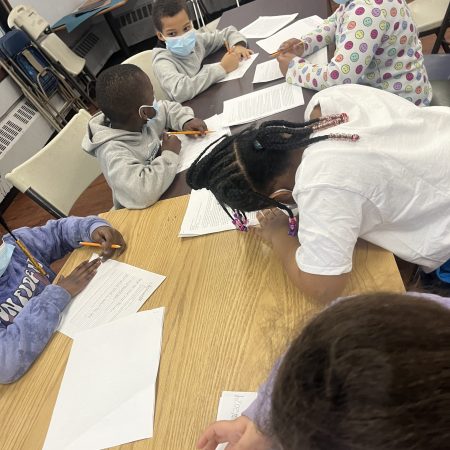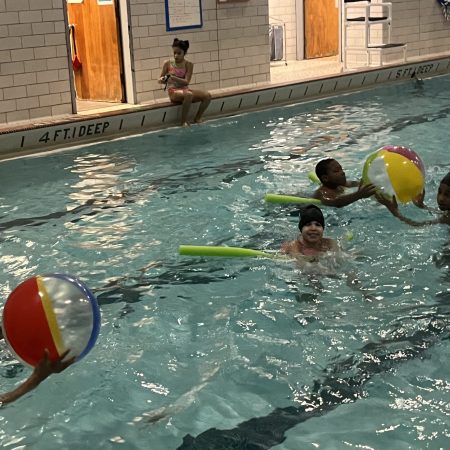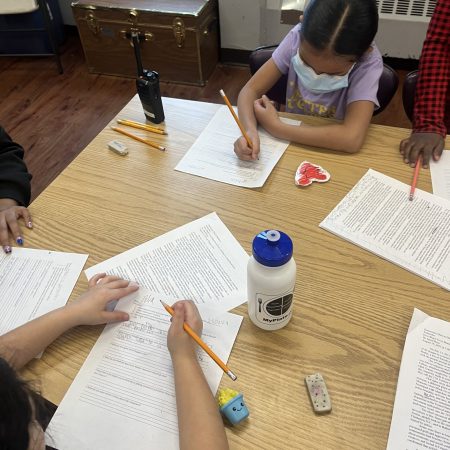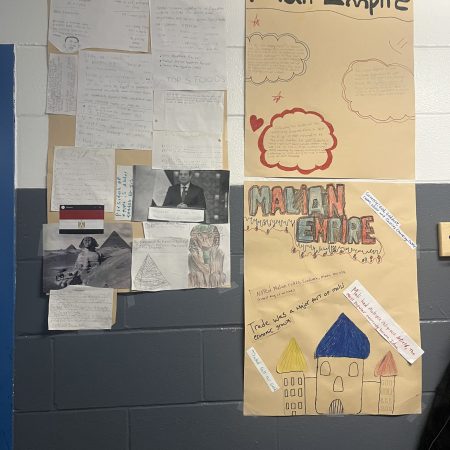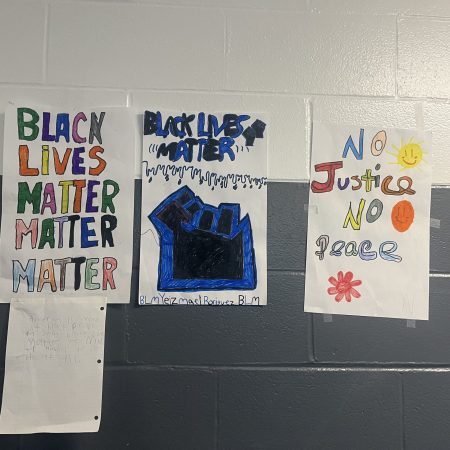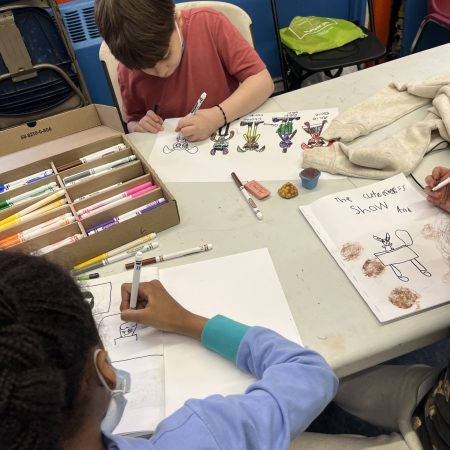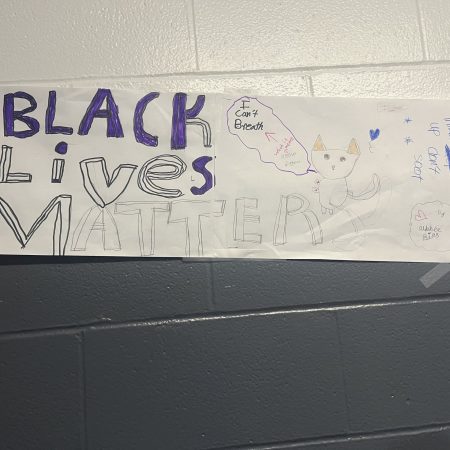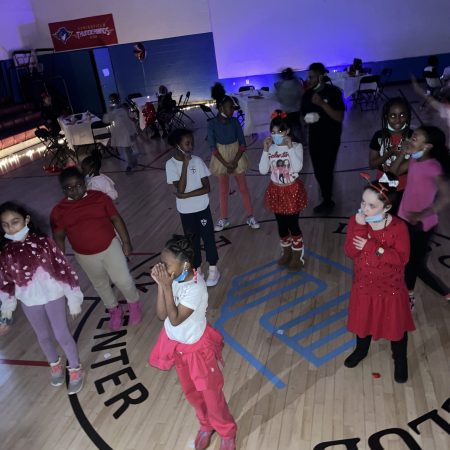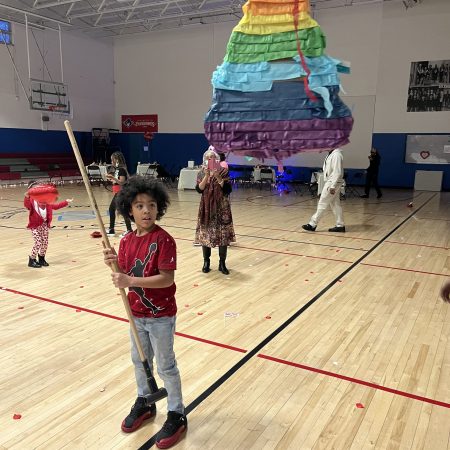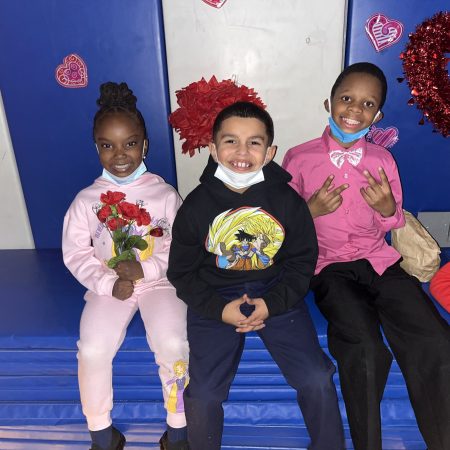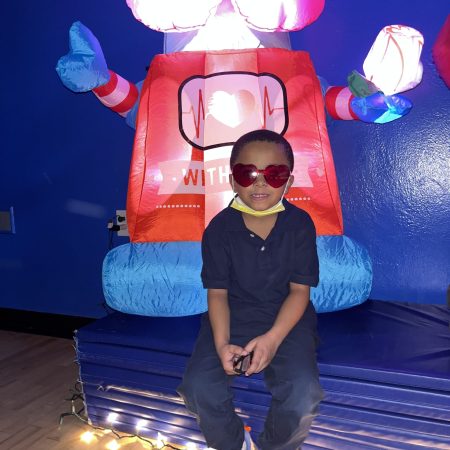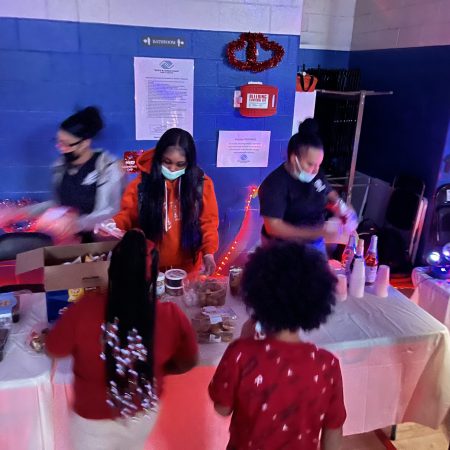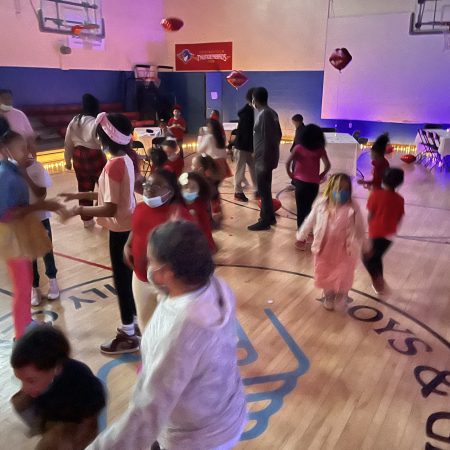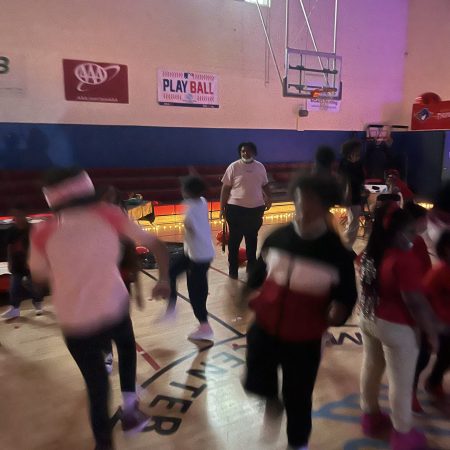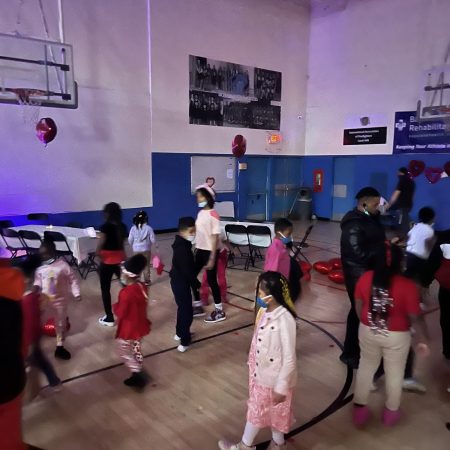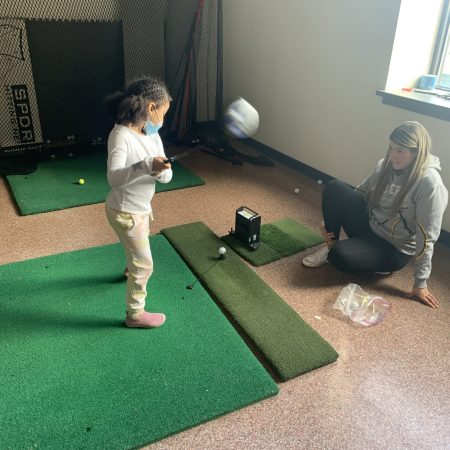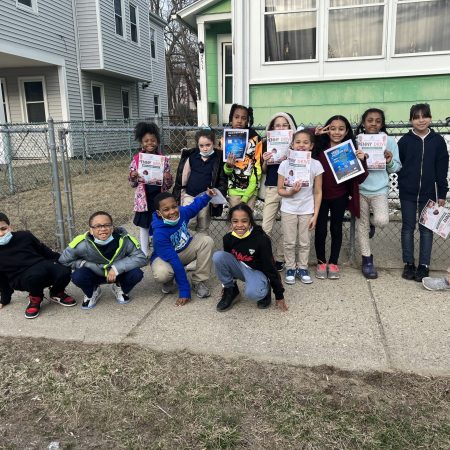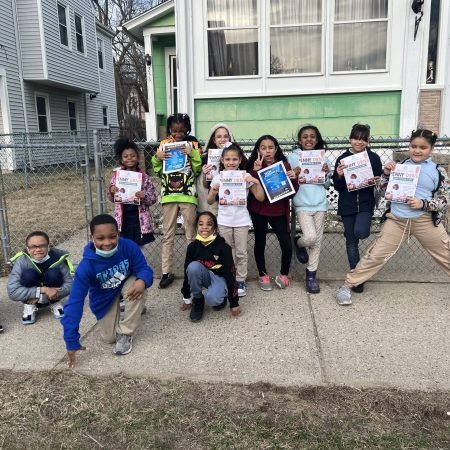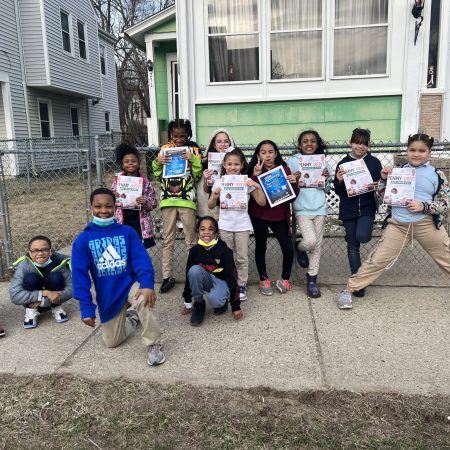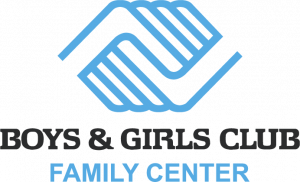AFTER SCHOOL
Power hour-ages 6-18 achieve academic success by providing homework help, tutoring and high-yield learning activities and encouraging members to become self-directed learners. Power hour will happen in the gym and game room and library. A child must show that their homework is completed to do power hour in the gym or game room.
Bridge program- is for our 5-year-old. It is meant to get them integrated into the club activities and integrated with our older members. Our educational approach is based on playing, singing, practical activities such as drawing, and social interaction as part of the transition into our afterschool program.
Torch program Torch Club is a powerful vehicle through which young people develop and strengthen their 21st-century leadership skills, giving them a firm foundation of good character and integrity. Torch Club members elect officers and work together to implement projects in the four focus areas: service to Club and community; education; health and fitness; and social recreation. This is a group for our 11–13-year-olds
Gym will be for power hour until 430, kids can come in and learn different sports skills, calisthenics, and work in group settings. After 430 there will be structured games or activities for the kids to play.
Game room will be open daily for relaxing or socializing. furnished with a pool table, Ping-Pong table, dart board, or other recreational amenities
Wildlife- Kids Go Wild is a multi-week, hands-on educational outreach program that brings ambassador animals, artifacts, and other educational materials to schools, community centers, and other locations. This unique program features at least one cross-hatched science and literacy activity or lesson as well as a variety of animal ambassadors and artifacts. Participants keep a journal throughout the Kids Go Wild program, answering follow-up and critical thinking questions regarding the lesson. These journals are reviewed by program staff at the conclusion of the program to gauge success and expected outcomes.
Character development- All ages the kids do short activities by creating fictional characters with the same depth and complexity as real-life human beings.
DramaMatters Afterschool, a drama education program for Clubs, was designed to raise awareness about the benefits of drama education. Lessons in Stagecraft, a supplemental DramaMatters guide, teaches advanced participants in drama about set design, set building, stage lighting, costumes, stage make-up and directing. It offers Club member’s different ways for them to express themselves creatively in hopes that they will discover a behind-the-scenes role in a production.
Our art program is for all students in after school interested in learning more about art. We compete in various competitions and contests throughout the year, along with created different themed projects based on current events and what is happening in a specific month.
Financial Assistance Available
Vouchers are Accepted, In-House Subsidies, Prices Vary
Project Extra Plus is a state-licensed school-age child care program available to parents who work or are in school and need daily out-of-school child care. A typical program schedule includes homework help and tutoring, social recreation, crafts, sports, computer training and swimming.
The Boys Girls Club Family Center offers In-House Subsidies as well as vouchers from New England Farm Workers. These programs are available to children ages 5 to 12. Transportation to and from the Center is available. Snacks are provided.
The program operates Monday through Friday, 2:30 p.m. to 6:30 p.m.
Afterschool learned about BLM, created their own auto biographies, protest posters, and placed civil right events on a time line!
Valentines Day ❤️
Golf Day at the Club ⛳
St Patrick's Day 🍀
OJP
OJP is a federal mentoring program in which provides three forms of mentoring. Traditional one- to-one mentoring, group mentoring, and peer mentoring. We encourage youth to sign up and engage in OJP so they can understand the impact of conversations and activities that pertain to their everyday lives. Therefore with our youth being at risk for delinquent behavior by their neighborhoods, and social economic outcomes. Mentors are caring individuals who, along with parents or guardians, guide young people with emotional support, counsel, friendship, reinforcement and a constructive example in a structured and trusting relationship. A study published by Child Trends in 2002 reported that youth who have mentors experienced fewer unexcused absences from school, were less likely to abuse drugs and also demonstrated more positive attitudes, compared to youth who don’t have this positive role model, and are more likely to engage in delinquent behavior. Data shows that mentored youth have greater confidence in their schoolwork and improved academic performance.


